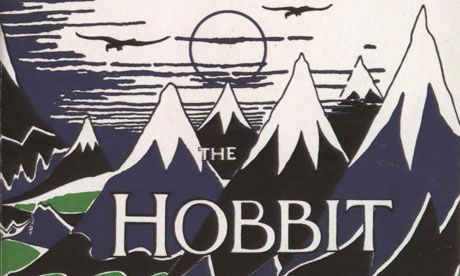I really emjoyed how the situations the characters were put in, although dramatic and fantatical, felt very grounded in a spiritual truth, especially in the ending, where the whole story takes on an entirely new meaning. The ending can be interpreted in many different ways, but I think everyone can agree that it is far from a "traditional happy ending", and that's awesome!
Throughout the novel their are many lessons to be learned about competition, self-sacrifice, love and moral ambiguity, but above all their is a sense of the greater good that drew me into the story so completely. Overall, this book sort of opened a new door for me in terms of fantastical literature, which I originally viewed through a narrow scope of wizards and dragons and knights. There is a big world of fantasy literature out there, with a lot of different moral centers, that I can't wait to read and study.



